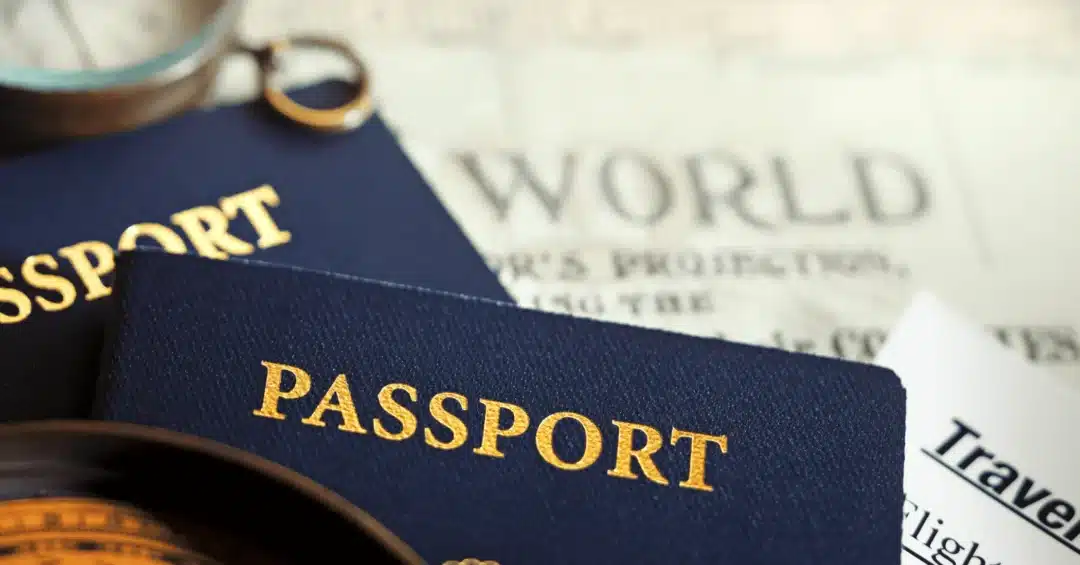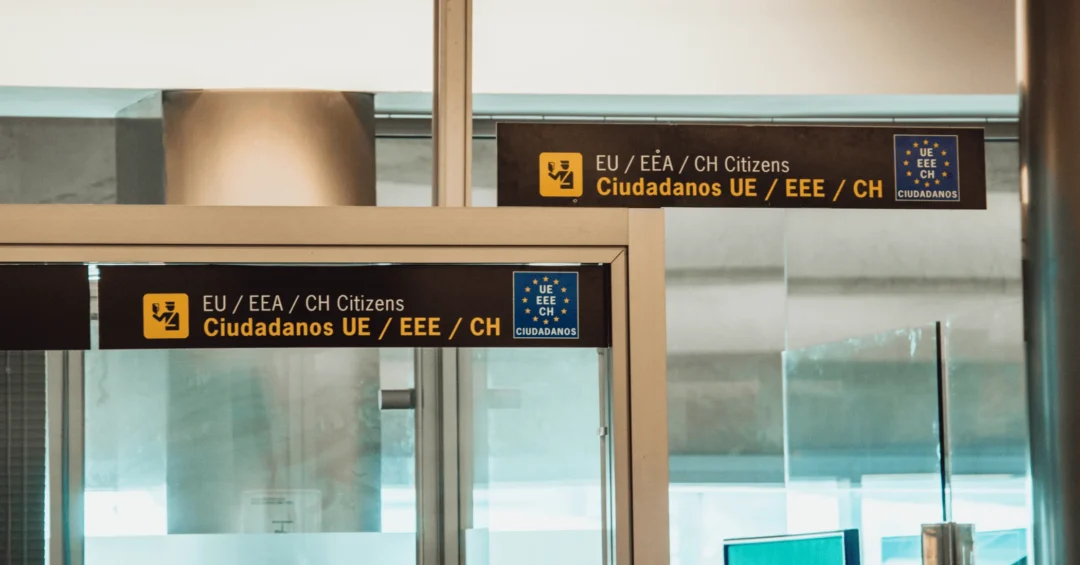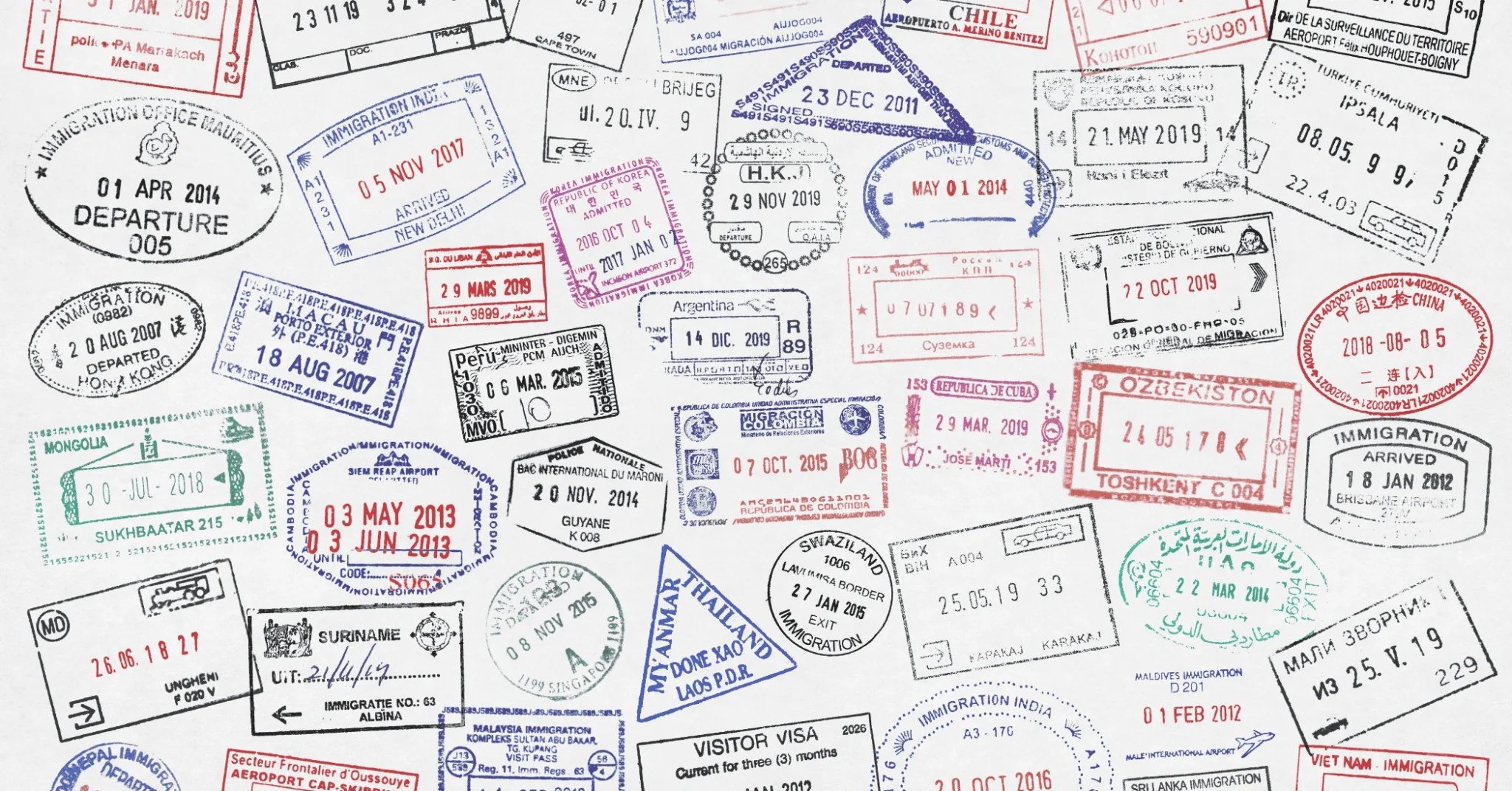The European Union (EU) is taking a bold step towards the future of travel by working to phase out traditional passports and replace them with a unified digital system. This revolutionary approach aims to streamline travel documentation, enhance security, and make journeys within and beyond the EU more efficient for both travellers and border authorities.
As part of this transformation, the EU is developing the EU Digital Travel app, a key player in the future of European travel.
A shift from physical passports to digital credentials
Currently, traditional passports are essential for international travel, even between EU member states. These documents, which have been in use for decades, serve as proof of identity and citizenship, granting entry to different countries. However, the EU plans to transition from physical passports to a fully digital alternative — the EU Digital Travel application.

This mobile app aims to store a digital version of the information found in passports and ID cards. It will allow both EU citizens and eligible non-EU travellers to upload their credentials onto a secure platform on their mobile devices. By doing so, travellers can carry all the required documentation in a single app, which will be accessible and verifiable by border authorities.
The EU Digital Travel app is designed to eliminate the need for physical passports, providing faster, safer, and more seamless border checks. Passengers will be able to create digital travel credentials that border agents can verify instantly, avoiding the need for traditional passport stamps. This initiative aligns with the broader EU goal of reducing administrative barriers for travellers and cutting down on bureaucracy.
How the digital passport will work
The EU Digital Travel system will be compatible with biometric data stored on passports and ID cards. When a traveller plans a trip, they will be able to upload and submit their credentials via the app. Before departure, the system will allow passengers to send their travel plans to border authorities, speeding up clearance on arrival.

This initiative is set to work alongside other upcoming EU travel frameworks like the Entry/Exit System (EES) and the European Travel Information and Authorisation System (ETIAS). The EES, which will replace traditional passport stamps with electronic records of entry and exit, will use biometric data (such as facial recognition or fingerprints) to track non-EU nationals. Meanwhile, ETIAS will require non-EU visitors from visa-exempt countries to register online before arrival. The integration of the EU Digital Travel app with these systems will make travel not only faster but also safer and more secure.
Benefits for travellers and border authorities
The replacement of physical passports with a digital alternative brings multiple benefits. For travellers, the experience will be simpler and more convenient. No longer will they need to worry about forgetting or losing their passport, as the required credentials will be securely stored on their mobile phones. This move also aligns with the growing trend of “smart travel” initiatives that use technology to make journeys more efficient.
For border authorities, the use of digital credentials reduces processing time. Scanning a smartphone with verified credentials is significantly faster than manually checking a physical passport. This will reduce congestion at border control points, especially in busy travel hubs like airports and ferry terminals.

In terms of security, the digital system reduces the risk of identity theft and fraudulent documents. With biometric verification and encrypted storage of credentials, it will be much harder for criminals to produce fake passports. This improvement will contribute to a more secure travel environment across the EU.
Data privacy and security measures
One of the main concerns about a digital travel system is data privacy. Many travellers may worry about how their sensitive personal information is stored and shared. To address these concerns, the EU has made it clear that users will have full control over their data. Personal data will only be shared with the consent of the traveller, and the system will comply with strict EU data protection regulations, including the General Data Protection Regulation (GDPR).
The EU Digital Travel app will only collect and store data essential for the travel process. The encryption of personal information ensures that credentials cannot be accessed or modified by unauthorised parties. Travellers will have access to their data at all times and will be able to review or revoke it if needed.
Global shift towards digital travel
The EU is not the only region making moves towards digital travel documentation. Countries like Estonia and Finland are already leading the way with their use of electronic identification (e-ID) systems. Estonia’s e-ID allows citizens to conduct financial transactions, access healthcare, and even vote online. Finland has also started to develop its own version of a digital passport, with the Finnish Border Guard trialling a digital travel system for passengers arriving at Helsinki Airport.

If the EU’s digital passport system proves successful, it is likely that other regions around the world will adopt similar measures. By setting a precedent, the EU could pave the way for a worldwide transformation in how people travel internationally. Airlines, airport operators, and border authorities across the globe are already paying close attention to the progress of this initiative.
What’s next for the EU digital travel initiative?
The EU’s proposal for digital passports is still in its early stages. However, the system is being tested and is expected to roll out in the coming years. The first stages will likely be voluntary, allowing travellers to opt in to the programme before it becomes a requirement. Trials are already underway in select countries, with initial tests focusing on how well the digital credentials system integrates with existing border control technologies.
If successful, the EU Digital Travel system could completely replace physical passports within a decade. The long-term goal is for the EU to be at the forefront of “smart travel” by reducing reliance on paper documents, enhancing security, and creating a more seamless experience for travellers.
The EU’s ambitious proposal to eliminate physical passports and introduce the EU Digital Travel app marks a fundamental shift in how people travel. By enabling travellers to store and manage their travel credentials digitally, the EU hopes to create a more efficient, secure, and seamless process for all.
With integration into existing systems like EES and ETIAS, the new framework will speed up border checks and offer travellers a more modern travel experience. While there are questions surrounding data privacy and security, the EU has taken strong steps to reassure the public that personal information will be protected and managed in line with GDPR guidelines.
This forward-thinking approach could set the global standard for digital travel. As other countries follow suit, we may be on the verge of a future where passports are no longer a physical item, but a digital credential stored on our smartphones. The future of travel is undoubtedly digital, and the EU is leading the charge towards a more connected, secure, and efficient way to move across borders.








